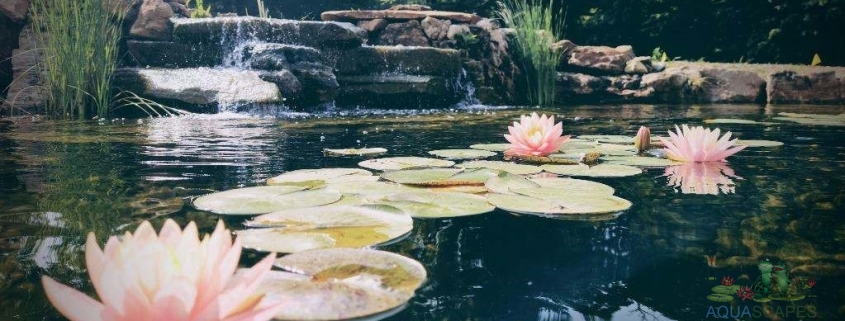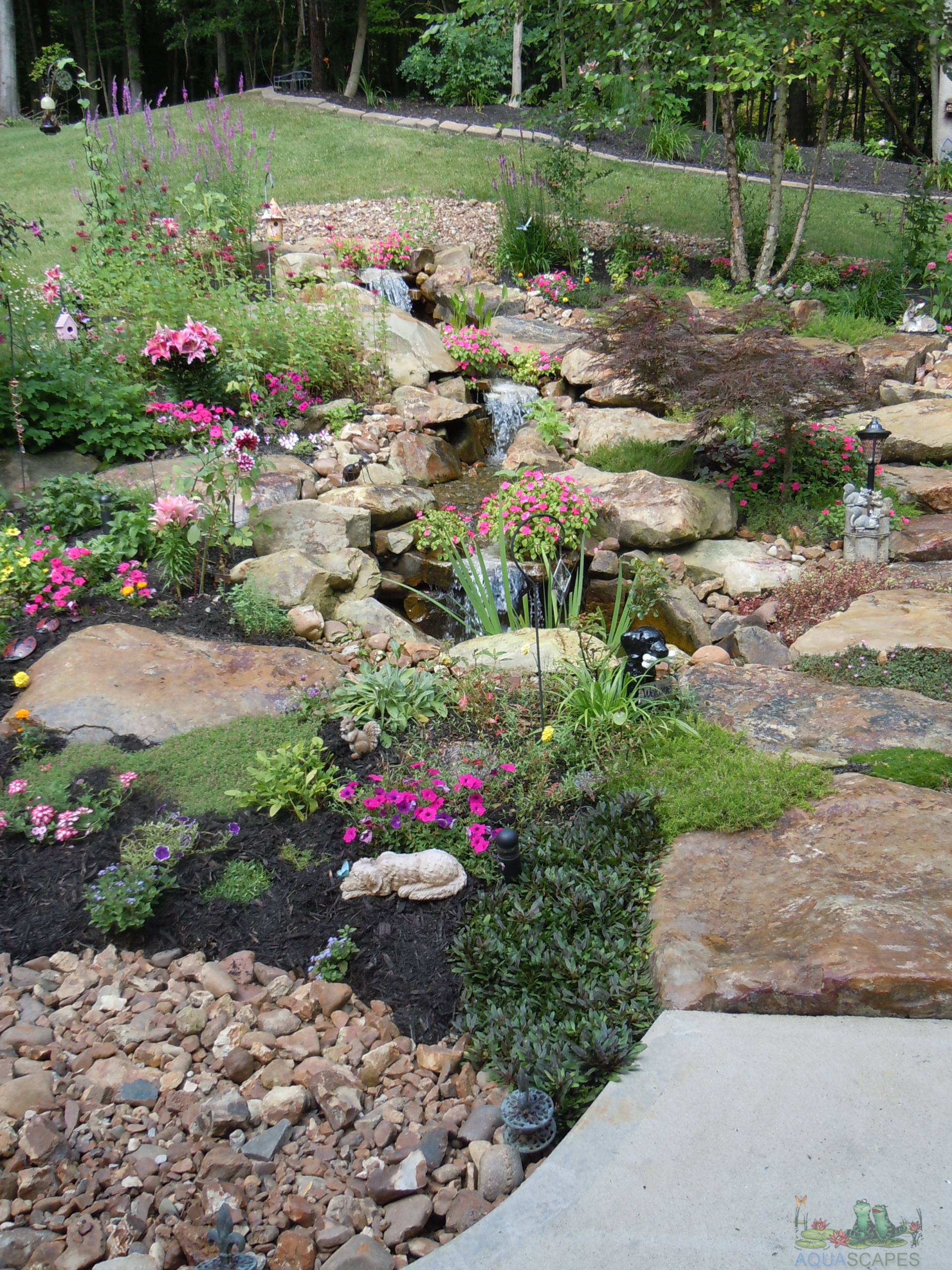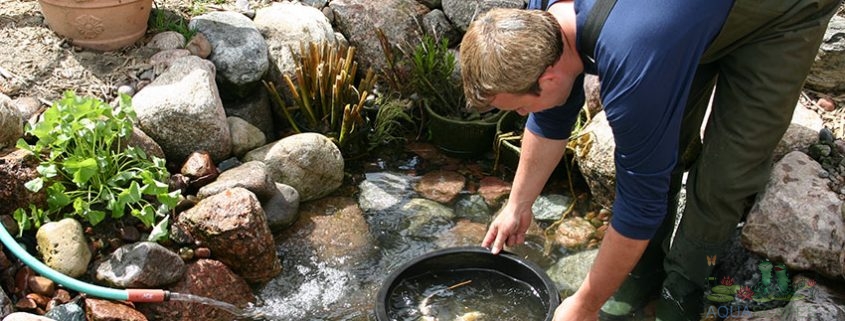How to Shock a Pond Quick How-To Guide
If fish are dying in your pond or if you see lots of algae, it may be time to shock the pond to clean it up. Algae needs oxygen to grow, just as fish and aquatic vegetation do. However, too much algae can rob fish and plants of the oxygen they need. Shocking your pond and getting rid of the harmful algae can restore the clean, clear look to you pond. Because desirable plants and animals live in ponds, owners look for natural enzymes and organic compounds to clear the water. Chlorine should only be used as a last resort.
Remove all dead or decaying plant and animal life from the pond. Algae feeds on the decay process.
Place the correct amount of algaecide in your pond according to manufacturer’s directions. For example, if you have a 120-gallon pond, you would need to use 2 teaspoons of general Algaecide. Each algaecide is different, so read the directions closely.
Let the pond pump aerate and spread the algaecide. If algae is still present after a week, shock the pond again.
Pond Design Ideas for Water Gardens
Pond Design – Water gardens are a captivating addition to any outdoor space, offering a harmonious blend of natural beauty and tranquility…
Low Maintenance Water Features for Ponds
Low Maintenance Water Features – Creating a stunning water feature in your pond can transform it from a mere body of water into a captivating
Creating Serene Water Gardens with Meyer Aquascapes
Creating a stunning water feature in your pond can transform it from a mere body of water into a captivating focal point of your landscape. While ponds bring tranquility and natural beauty to your outdoor space, maintaining them can sometimes be a challenge. But fear not, for there are several low-maintenance water features that can enhance your pond’s aesthetic without requiring excessive upkeep. In this comprehensive guide, we’ll explore various low-maintenance water feature ideas that will elevate the beauty of your pond while minimizing the time and effort required for maintenance.





